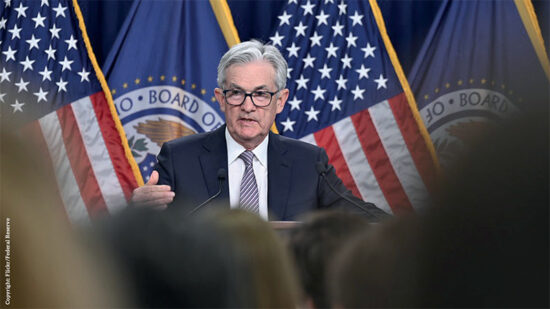However, Greenberg is less fussed by sectors when stock picking for his global fund and more focused on companies robust enough to withstand all market conditions – no matter where they are based.
For Greenberg, whose four-star Morningstar-rated fund has outperformed its sector benchmark since its inception in 2008, the best opportunities are not necessarily found in cheap stocks in the cheapest countries, but in those that can stand on their own and compound in time, regardless of where they are based.
Strong fundamentals
“We have created an emerging market portfolio that consists of companies you would want to own even if you were not looking for an emerging market fund,” he says.
“Not only do we do bottom-up work to make sure the company has a good balance sheet, committed management, a good level of profitability and can grow, but we also make sure that the sector it is in and the country it is in are supportive from the point of view of factors such as interest rates, labour, labour availability and regulation.”
Greenberg joined the Hermes emerging markets team in September 2010, before becoming head of emerging markets and lead portfolio manager in July 2011, a title he retains to this day.
His role at the company follows a lengthy career in fund management, comprising a wealth of emerging market knowledge.
Before Hermes, Greenberg was managing partner at Silkstone Capital and Muse Capital, London-based hedge funds he co-founded and managed in 2007 and 2002, respectively.
From 1999 to 2002 he co-headed emerging market products for Goldman Sachs Asset Management in both New York and London.
Emerging markets
For Greenberg, the attraction of emerging markets was twofold. On the one hand, he saw opportunities to generate returns from the inefficiencies of their often volatile economies but, on the other, he felt investments into such markets gave him a chance to help markets begin to grow.
He says that when he began to focus on emerging markets in the late ’80s, almost all of them were struggling, which is in stark contrast to the sector today.
“The countries we now see as successes, such as Taiwan, Hong Kong, and Israel, were still really stressed. China was not really out of the woods and India was abjectly poor. I thought it would be great to channel funds into these places so they could begin to grow.”








